




The first concrete pour at the Paks II Nuclear Power Plant marks the start of foundation work for Unit 5, officially moving the project into the construction phase under IAEA standards and highlighting Hungary’s focus on energy security and nuclear power.

The expiration of the New START treaty on 5 February removes the last formal limits on US and Russian nuclear arsenals, ending decades of mutual verification and symbolizing the broader collapse of global arms control in an increasingly unstable and multipolar world.
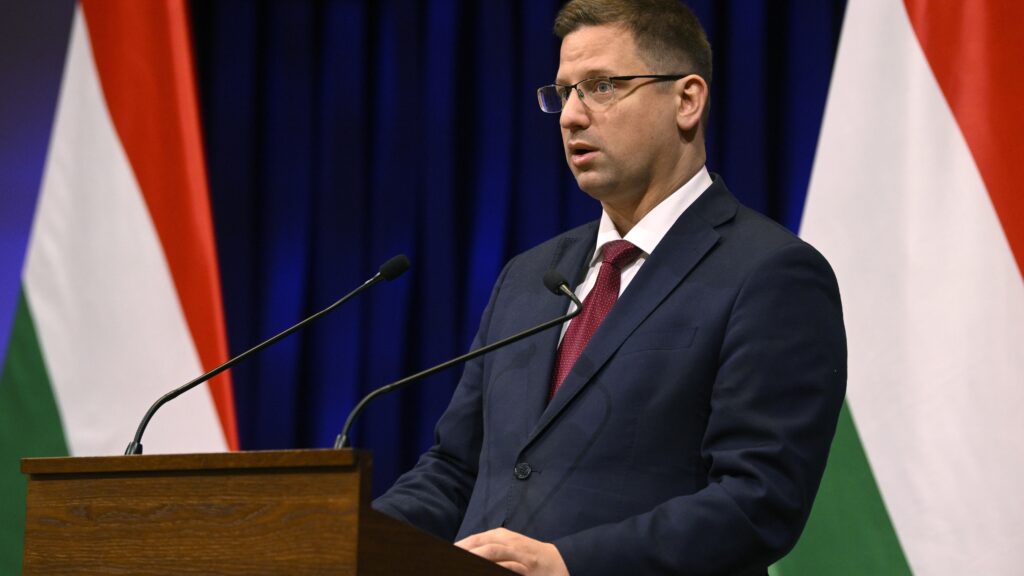
Millions of Hungarian families are set to receive higher wages with their January pay packets as new government measures take effect, including expanded family tax allowances, salary increases for teachers, and income tax exemptions for mothers raising two children, government officials said at a recent briefing.

The Hungarian government has officially announced a January energy price cap to offset higher household consumption caused by extreme cold, providing a 30 per cent discount on gas, electricity or district heating bills.
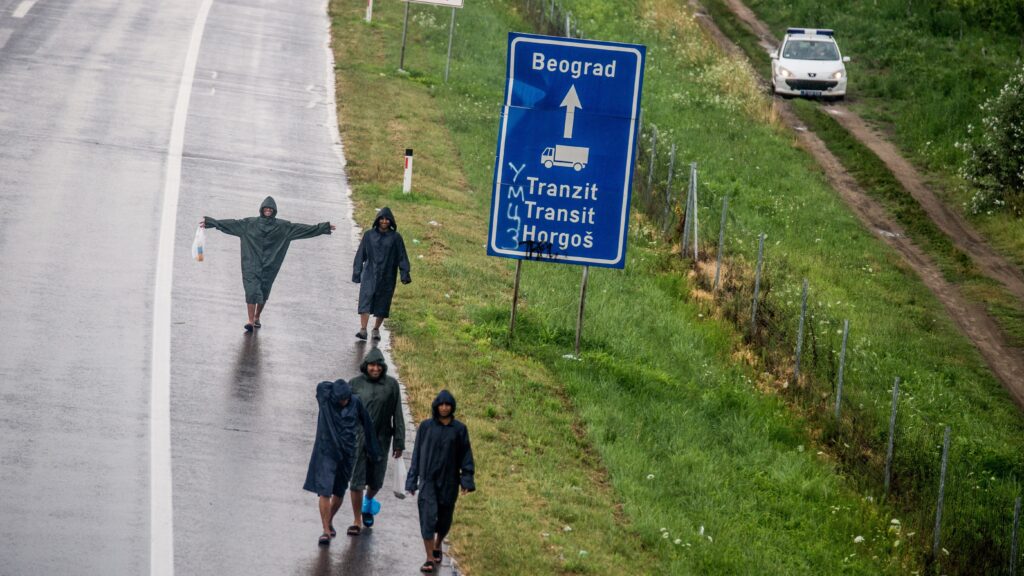
Hungary would be required to set up a 23,000-capacity migrant camp under the EU’s Migration Pact, Prime Minister Viktor Orbán’s chief domestic security adviser said, stressing that Hungary has chosen a different approach to migration.
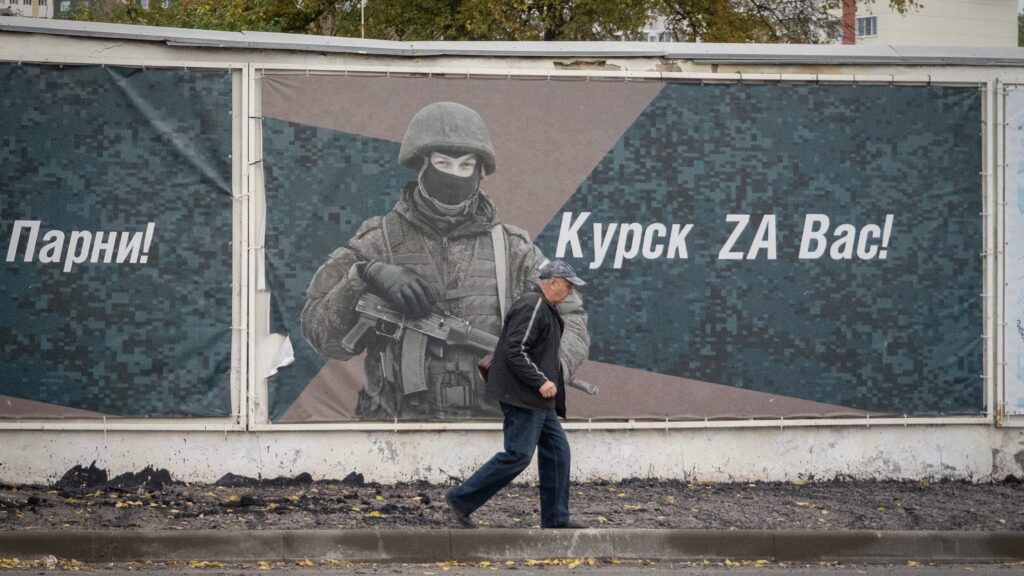
Ukraine has agreed with Western partners that repeated Russian violations of any future ceasefire would trigger a phased military response from European forces, backed by the United States, according to officials briefed on the talks.

Organizers of the Sziget Festival have announced more than 40 new performers, including Bring Me The Horizon, Zara Larsson, Loyle Carner and Wolf Alice, strengthening the international line-up for the 2026 edition of the event.
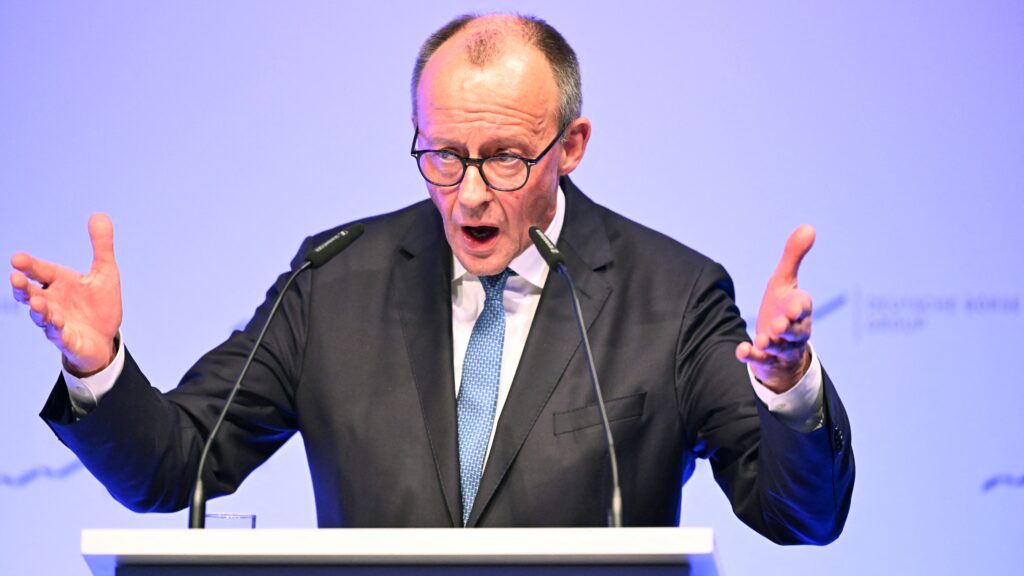
German Chancellor Friedrich Merz said the EU–Mercosur trade agreement will enter into provisional application despite plans by opponents in the European Parliament to seek judicial review of the pact before the EU’s top court.
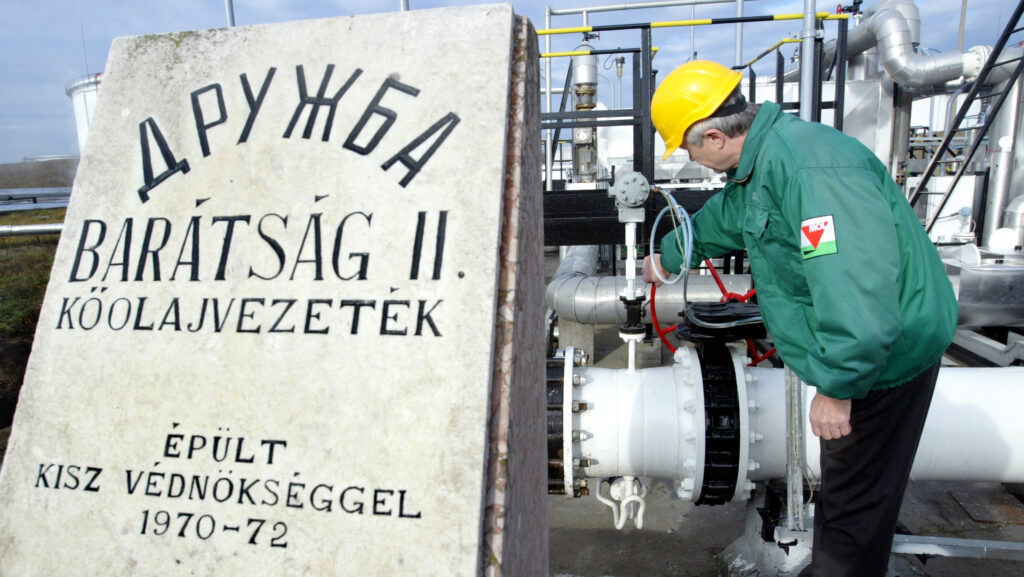
Hungary will initiate legal proceedings against the EU’s REPowerEU regulation, arguing that it unlawfully threatens access to affordable energy and circumvents EU decision-making rules, the minister for EU affairs said on Monday.
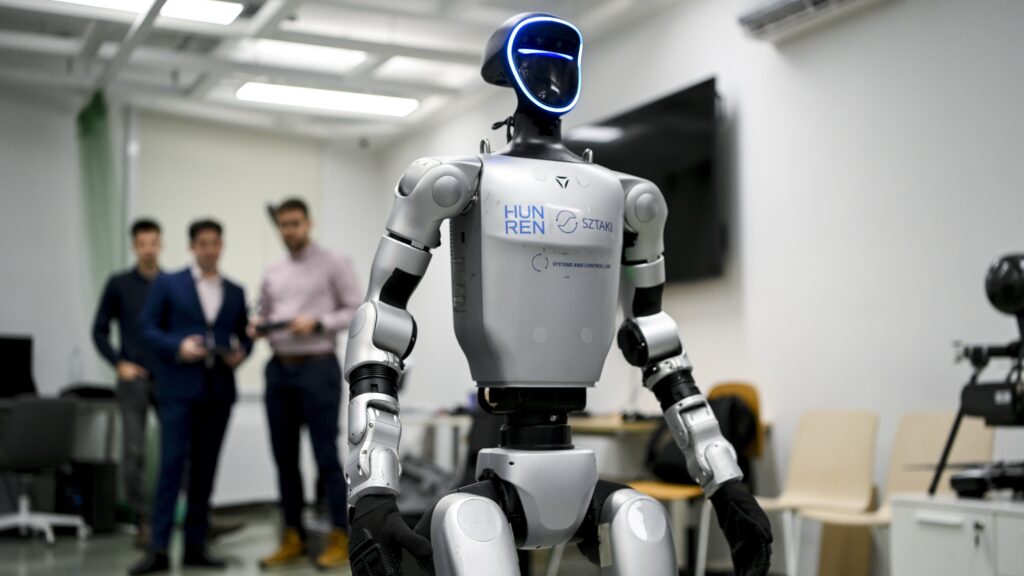
The European Commission has authorized HUN-REN research institutes to begin key administrative procedures, ensuring uninterrupted participation in EU research and innovation programmes following the network’s legal transformation.

Hungary and the Hungary Helps Programme received an international award in Washington for their work supporting persecuted Christians and religious minorities, on the occasion of the International Religious Freedom Summit.

Researchers at the University of Szeged are examining how artificial intelligence could support judicial decision-making in criminal cases, aiming to make sentencing practices more transparent, consistent and fair.

71 per cent of Hungarians would not support the reintroduction of mandatory military service, according to a new survey by the Nézőpont Institute, which found broad opposition across all social groups.

More than 50 side events will accompany this year’s Budapest Central European Fashion Week, with exhibitions, workshops, pop-up events and professional programmes running across the city between 9 and 15 February.

Prime Minister Viktor Orbán said the government will cover 30 per cent of households’ January energy costs after extreme cold weather, warning that ending the utility price cap would double or triple bills and threaten energy security.
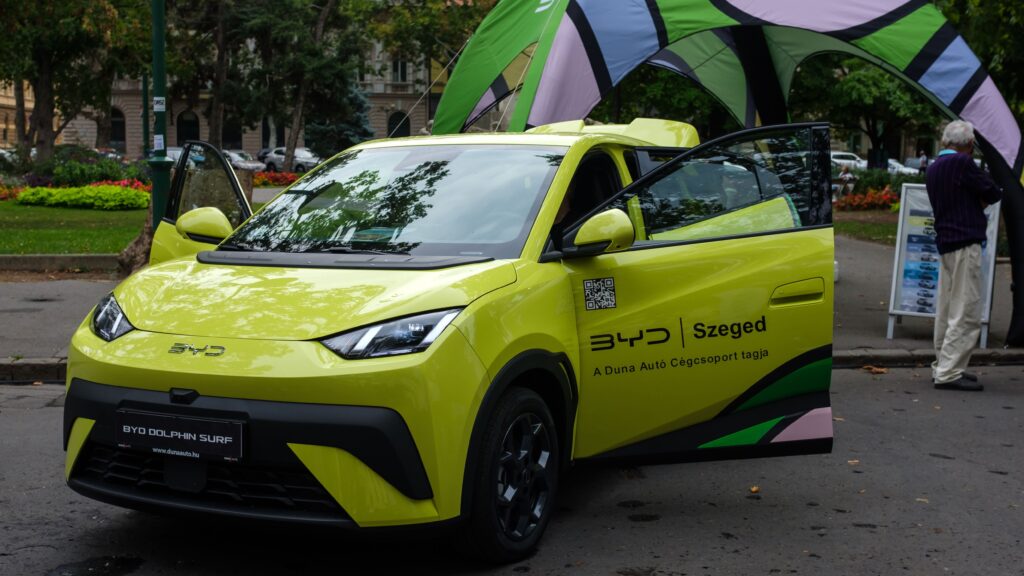
Chinese carmaker BYD has launched trial production at its electric vehicle plant in Szeged, where nearly 1,000 workers have already been hired, Mayor László Botka said, adding that output and employment will rise gradually.
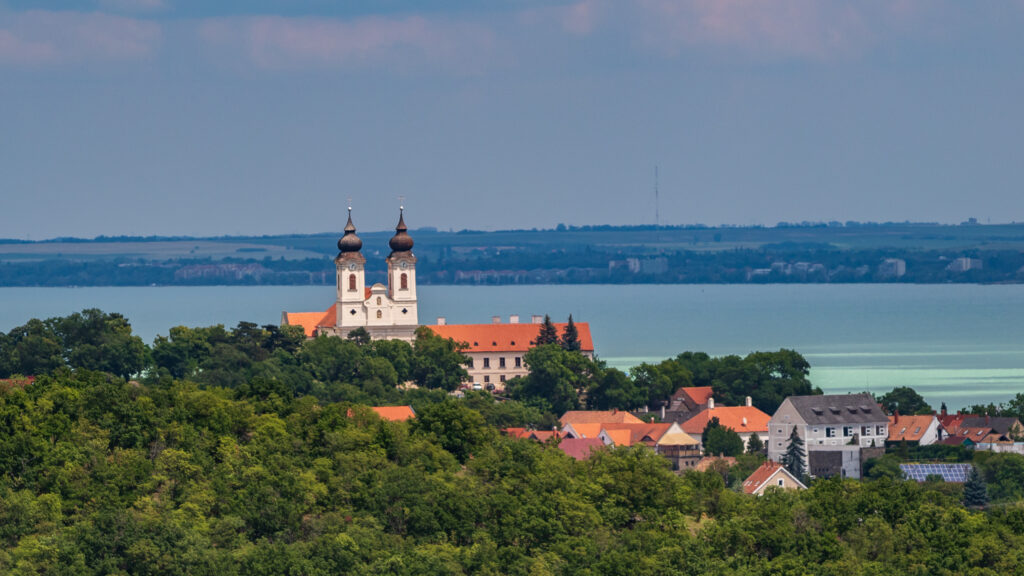
Lake Balaton remained the most popular destination for domestic travellers last year, with more than a fifth of bookings, while over a quarter of the total value of online-paid reservations were settled using SZÉP cards, Szallas.hu said.

BioTech USA has created 100 new jobs through a 9.5 billion forint investment programme, including a new robotized production plant in Szada, Foreign Minister Péter Szijjártó said on Wednesday.

Visitors to the Budapest Zoo can explore Chinese cuisine on three evenings from Friday and discover the world of bears on Sunday, with special programmes linked to the Chinese Lantern Festival and the popular Bear Sunday family event.
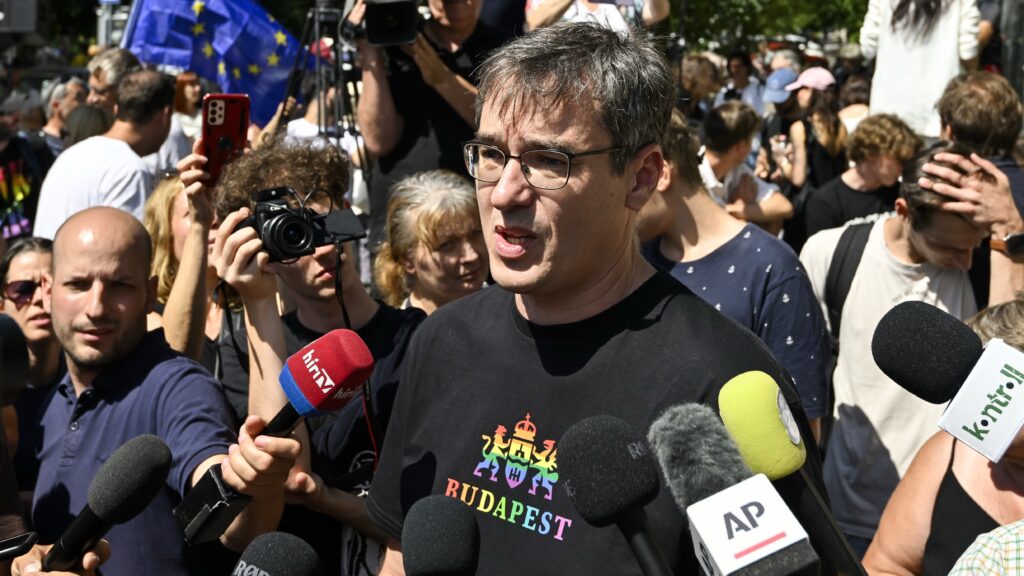
Hungarian prosecutors have filed charges against Budapest Mayor Gergely Karácsony for organizing and leading the Budapest Pride march last summer despite a police ban, seeking the imposition of a fine, the Chief Prosecutor’s Office said.

Hungarian tourism closed a record year in 2025, with nearly 20 million visitors spending close to 47 million nights at domestic accommodation, according to the National Economy Ministry, citing the latest official tourism data.
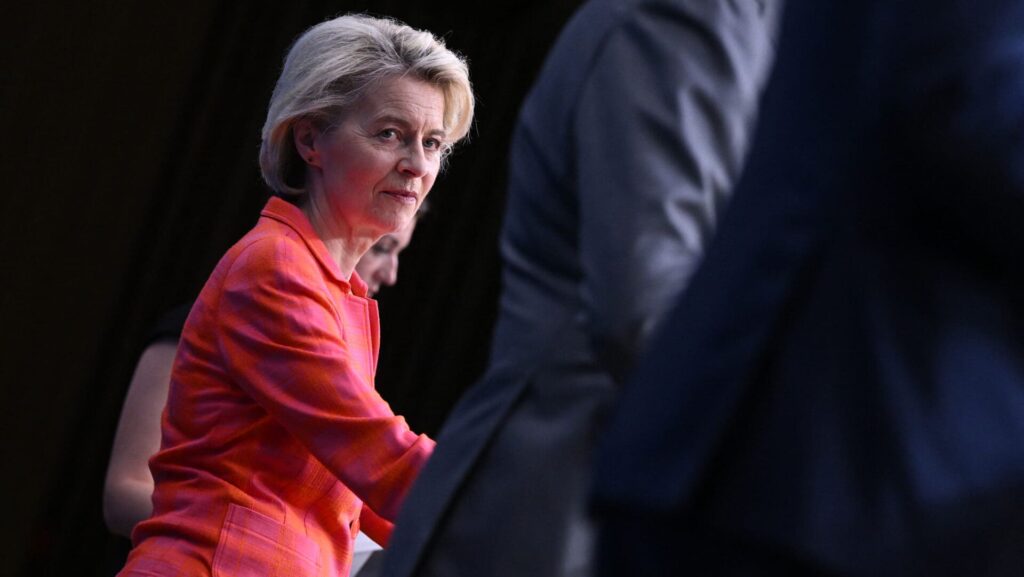
Brussels is considering admitting Ukraine to the European Union as early as 2027, before accession criteria are met, according to Századvég, whose latest survey finds that three quarters of EU citizens oppose the initiative.
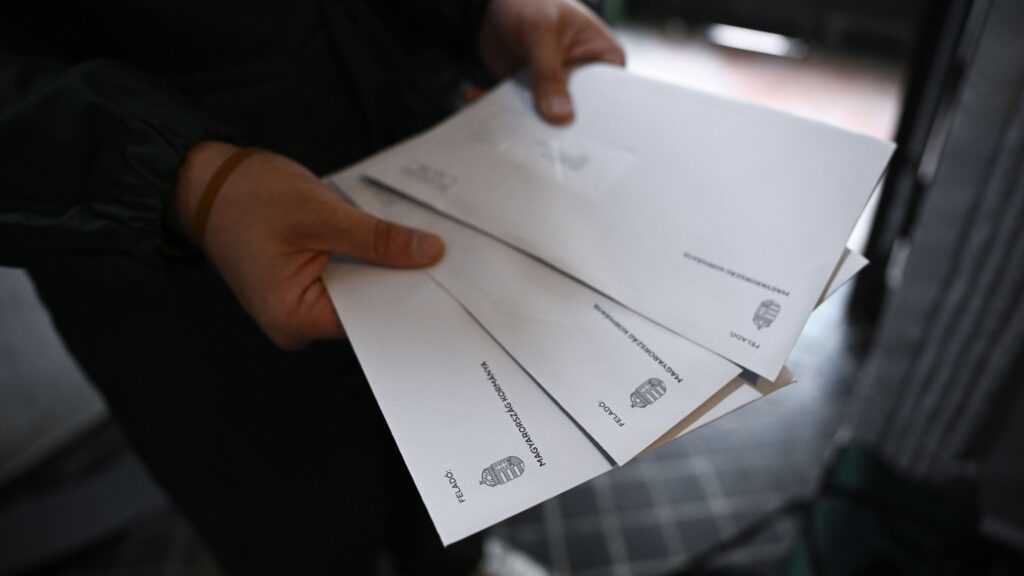
Hungary’s government has announced the launch of a national petition campaign urging citizens to reject EU plans to fund the war in Ukraine, Ukraine’s long-term operation and higher energy costs linked to the conflict.
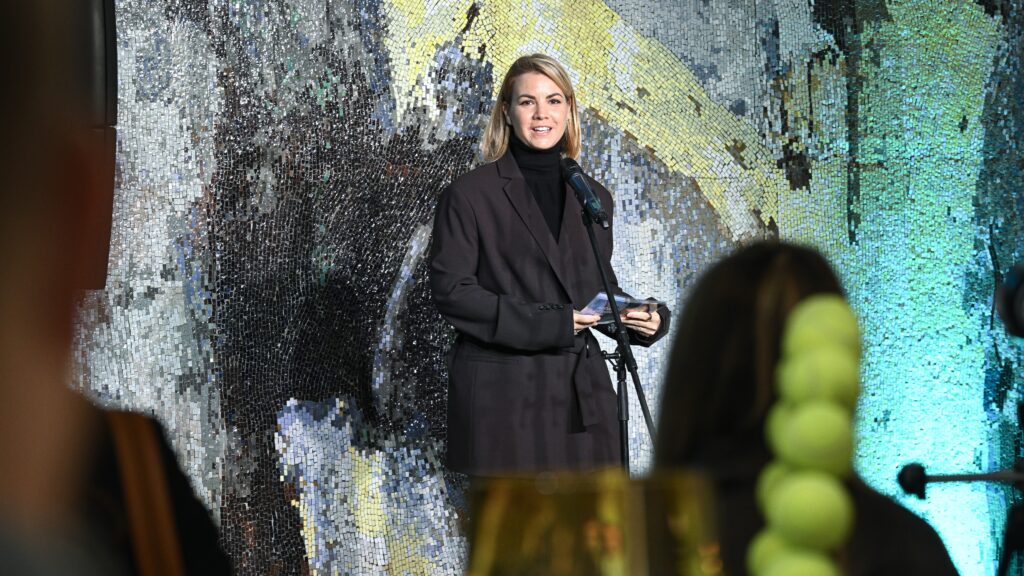
Creative Hungary has launched the Central European Creative Awards, a new regional prize building on Hungary’s long-running design award tradition, aiming to boost the visibility and competitiveness of creative industries across Central Europe.

Most Hungarians now consume information primarily online, with algorithms and social recommendations increasingly replacing conscious searches, according to a new study supported by the media authority, which also finds sustained demand for quality content.

Hungarian and Romanian authorities have carried out a coordinated operation against four young suspects accused of making fake and intimidating emergency calls, including bomb threats and false reports of violent crimes, Hungarian police said on Monday.
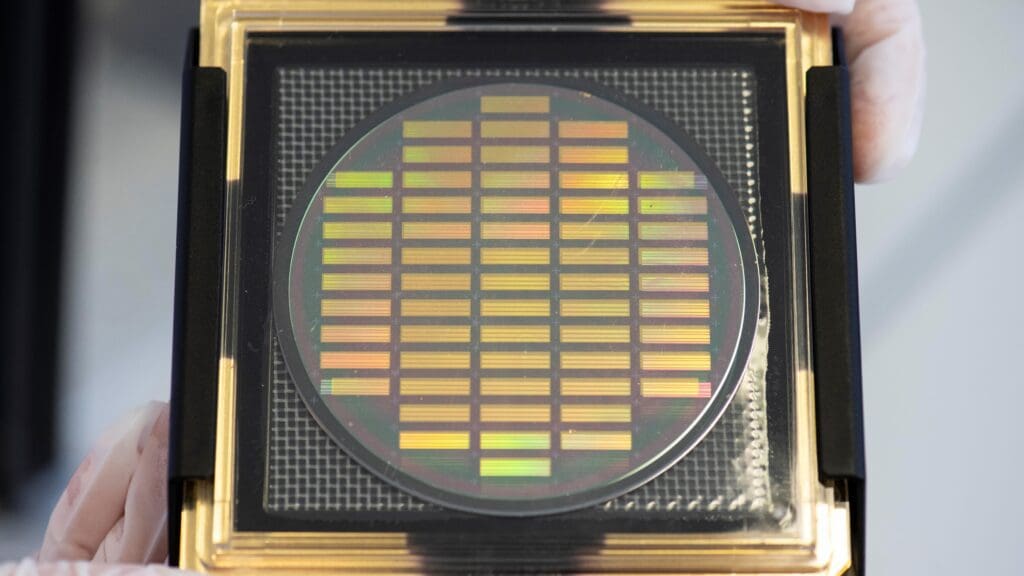
Researchers at the HUN-REN Wigner Research Centre for Physics are taking part in an international project aimed at developing compact, portable quantum processors capable of operating even at room temperature, potentially bringing quantum technology beyond laboratory settings.

Hungary’s public transport fleet is undergoing a major renewal as the MÁV Group puts hundreds of new, domestically built buses into service. By the end of March 2026, 120 additional vehicles will enter operation, with further deliveries planned through 2027.

A Századvég survey finds most EU citizens oppose deeper involvement in Ukraine: 51 per cent reject arms shipments, while 69 per cent oppose sending troops. Despite calls from leaders like Ursula von der Leyen and Manfred Weber for accelerated support, public opinion across most member states—including Hungary, Bulgaria, and Slovenia—remains firmly against military action.

Hungary’s public finances remained stable in 2025, allowing the government to fund major support programmes for families, pensioners, young people and businesses despite a higher deficit, the National Economy Ministry said in a detailed report.